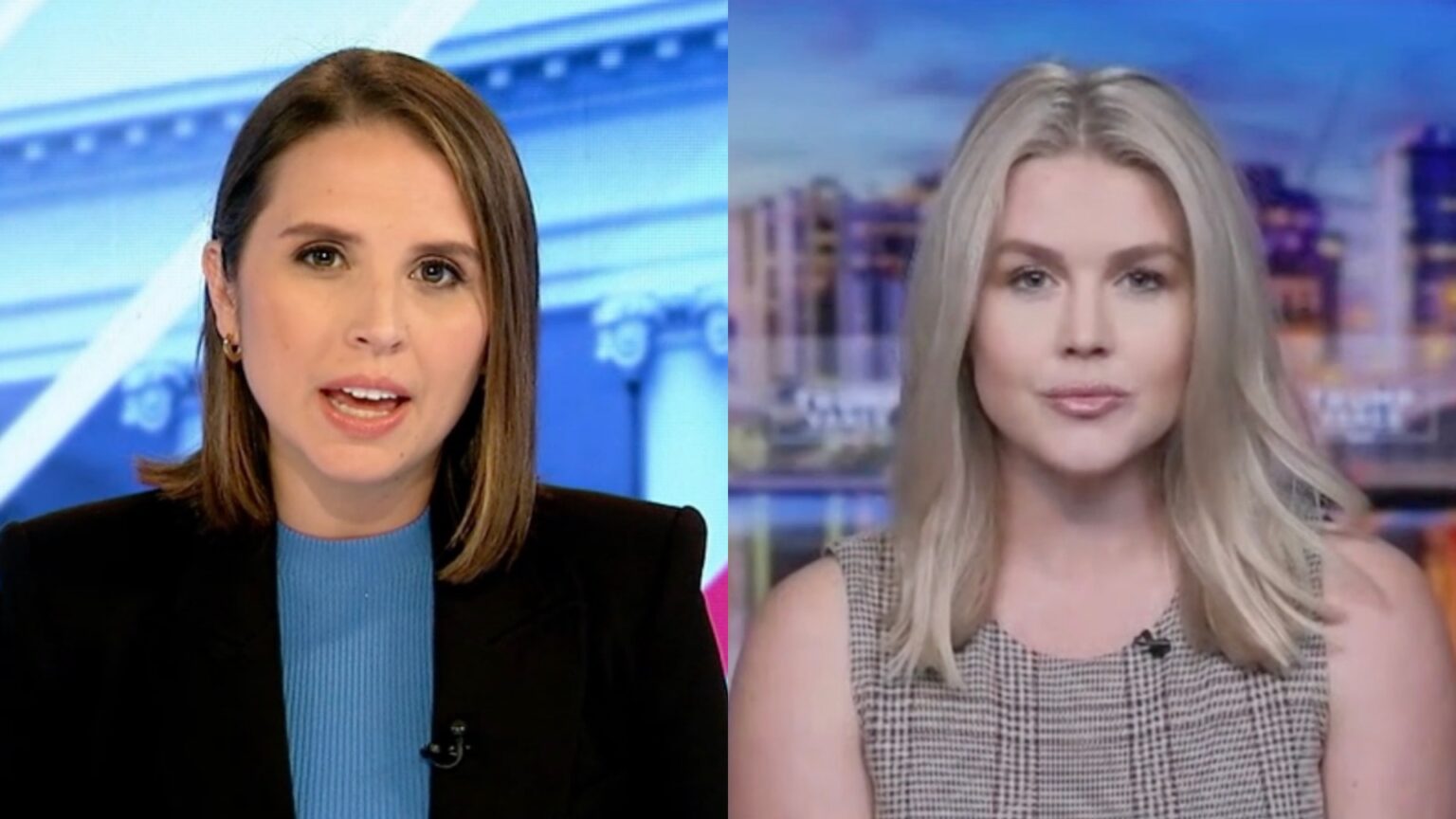Karoline Leavitt, the National Press Secretary for Donald Trump’s campaign, recently appeared on ABC to clarify comments made by the former President regarding Liz Cheney. The discussion arose after mainstream media alleged that Trump’s remarks suggested violence towards Cheney, framing them as a call for her execution. Leavitt vehemently criticized the media’s representations, arguing that these claims were a misinterpretation of Trump’s critique of Cheney’s hawkish stance on foreign policy. She emphasized that Trump’s comments were focused on the implications of Cheney’s advocacy for military intervention while highlighting the hypocrisy of politicians who have not served in the military yet support sending American soldiers into combat.
In her response to ABC’s Elizabeth Schulze, who questioned the consequences of Trump’s rhetoric, Leavitt skillfully redirected the conversation by pointing out the history of false narratives painted by Democrats about Trump. She asserted that Democrats have long portrayed Trump as a threat to democracy while ignoring the actual political violence that has been directed at him, including assassination attempts. Leavitt portrayed Trump as a victim of political aggression, stating that the violent imagery typically associated with his comments is a product of misrepresentation and not the true intent behind his words.
The exchange became heated when Schulze suggested that Trump’s language could incite violence among his supporters, to which Leavitt passionately defended Trump. She argued that it is not Trump’s rhetoric that poses a threat, but rather the inflammatory language used by Democrats, which has characterized Trump and his followers in extreme terms. Leavitt contended that such labels might contribute to dangerous actions taken by individuals who misinterpret or react to the political climate in aggressive ways. Through this lens, she repositioned Trump’s criticism of Cheney not as a call for violence, but as a necessary discussion about the realities of war and its ramifications for American families.
As the dialogue progressed, Leavitt pointed out the divisive nature of current Democratic rhetoric and how it has been used to demonize Trump and his supporters. She noted that prominent Democrats have employed language that labels Trump rallies as analogous to fascism, which she termed as dangerously divisive. Leavitt cited the recent remarks from figures like Kamala Harris and Tim Walz, asserting that such statements contribute to a broader atmosphere of hostility rather than the unity they claim to seek. Her assertive defense of Trump’s character suggested that anyone who pursues such allegations against him perpetuates a damaging narrative, fostering animosity rather than dialogue.
Leavitt concluded her argument by expressing her frustration with the media’s portrayal of Trump and the narrative that paints him as the source of division in America. She argued that the American people are increasingly aware of these double standards and that their trust in traditional media organizations is eroding. According to Leavitt, the public sees Trump’s popularity on the rise as a response to these perceptions, asserting that citizens recognize the discrepancies between media portrayals and their lived experiences during Trump’s presidency. By asserting that under Trump, democracy was actually stronger, she contrasted present criticisms with what she argued were tangible accomplishments of his administration.
In summary, Leavitt’s appearance on ABC was a defense of Trump against allegations of incitement and a critique of Cheney’s war-advocacy positions. She adeptly countered media narratives while highlighting the hypocrisy present in political discourse. Leavitt chastised the media for what she characterized as misleading portrayals and engaged in a broader critique of Democratic rhetoric that she claimed resulted in a culture of violence. This confrontation was emblematic of the ongoing battle over narrative control in U.S. political discourse, suggesting that both sides are deeply entrenched in a conflict that will likely continue to evolve as the election cycle progresses.

